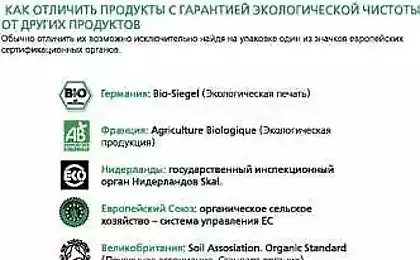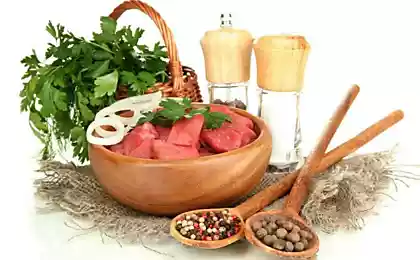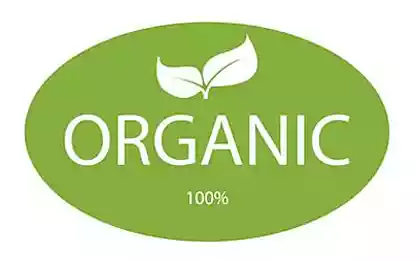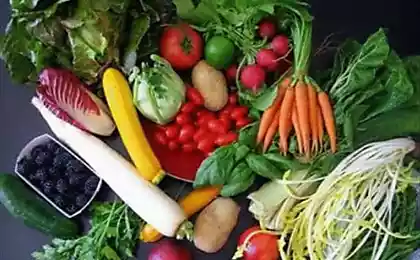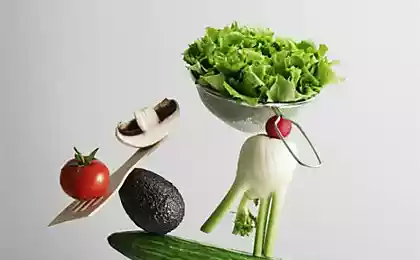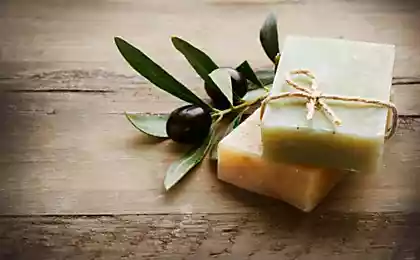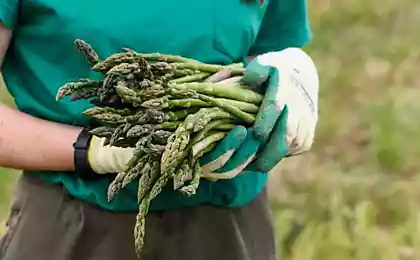737
How to buy organic products
Tip: how to buy organic products
To eat only organic food, if you live in a distant village and to our economy. In the city it may be harder. And if cereals, flour or pasta with the signs of organics can be purchased, for example, in our store, the vegetables and fruits have to choose, trusting the sellers word for it.
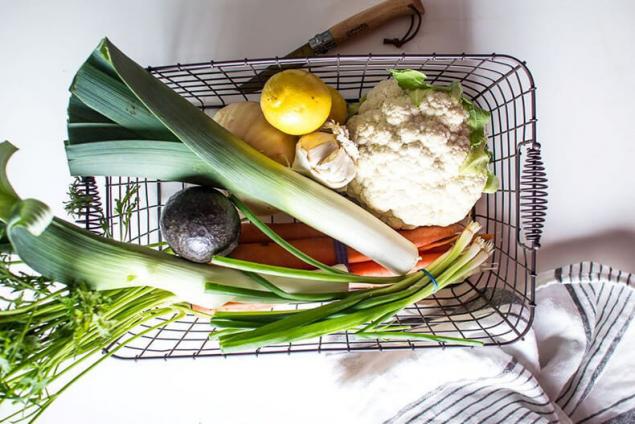
We are convinced that this is not a reason for worries, because you can always find a balance or compromise. Here are some tips for finding it:
1. Try not to buy vegetables and fruits, the origin of which I doubtif they have thin skin (or even non-existent). This, for example, berries, cucumbers, spinach, celery, tomatoes. They absorb a greater amount of chemicals than "thick-skinned" counterparts.
2. If you are using canned beans, tomatoes, coconut milk, give preference to organic. First, they are, as a rule, there are no unnecessary ingredients or preservatives. Second, you can always get them online and even keep a reserve.
3. Note the fifteen fruits and vegetables that are the least dependent on the achievements of the chemical industry: avocados, corn, pineapples, cabbage, peas, onions, asparagus, mangoes, papayas, kiwi, eggplant, grapefruit, cantaloupe, cauliflower and sweet potatoes.
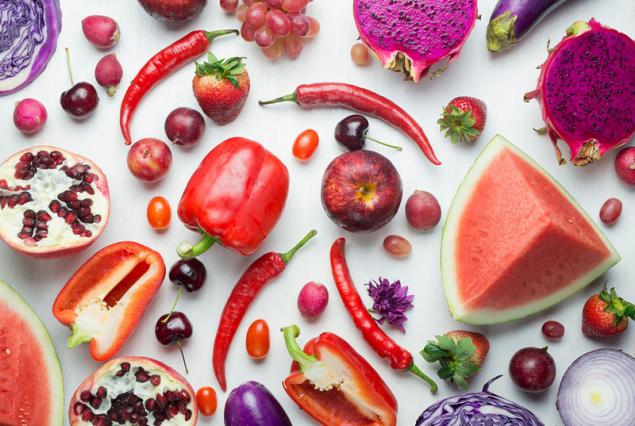
Bodily taboos: how they can manifest in our lifeHow to stop buying the garbage
4. Possible give preference to local fruits, vegetables, herbs. They are always more nutrients than imported. If you can't do without greenery in the winter, grow it yourself – from seed we will provide!
5. Stick to the important rule: it is better to eat some non-organic vegetables than to abandon them in favor of the crackers with a long and unknown composition in a beautiful package.
Be healthy! published
Source: www.bionicamarket.ru/blog/view/227
To eat only organic food, if you live in a distant village and to our economy. In the city it may be harder. And if cereals, flour or pasta with the signs of organics can be purchased, for example, in our store, the vegetables and fruits have to choose, trusting the sellers word for it.

We are convinced that this is not a reason for worries, because you can always find a balance or compromise. Here are some tips for finding it:
1. Try not to buy vegetables and fruits, the origin of which I doubtif they have thin skin (or even non-existent). This, for example, berries, cucumbers, spinach, celery, tomatoes. They absorb a greater amount of chemicals than "thick-skinned" counterparts.
2. If you are using canned beans, tomatoes, coconut milk, give preference to organic. First, they are, as a rule, there are no unnecessary ingredients or preservatives. Second, you can always get them online and even keep a reserve.
3. Note the fifteen fruits and vegetables that are the least dependent on the achievements of the chemical industry: avocados, corn, pineapples, cabbage, peas, onions, asparagus, mangoes, papayas, kiwi, eggplant, grapefruit, cantaloupe, cauliflower and sweet potatoes.

Bodily taboos: how they can manifest in our lifeHow to stop buying the garbage
4. Possible give preference to local fruits, vegetables, herbs. They are always more nutrients than imported. If you can't do without greenery in the winter, grow it yourself – from seed we will provide!
5. Stick to the important rule: it is better to eat some non-organic vegetables than to abandon them in favor of the crackers with a long and unknown composition in a beautiful package.
Be healthy! published
Source: www.bionicamarket.ru/blog/view/227




